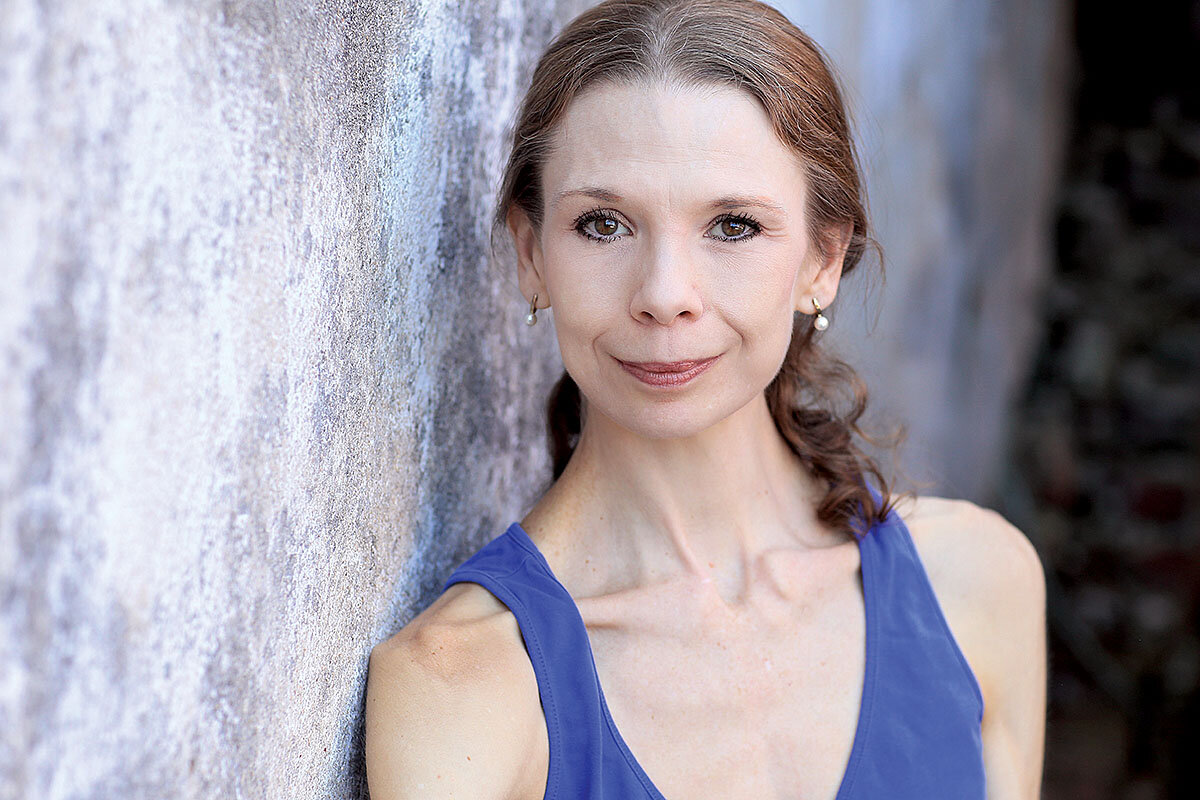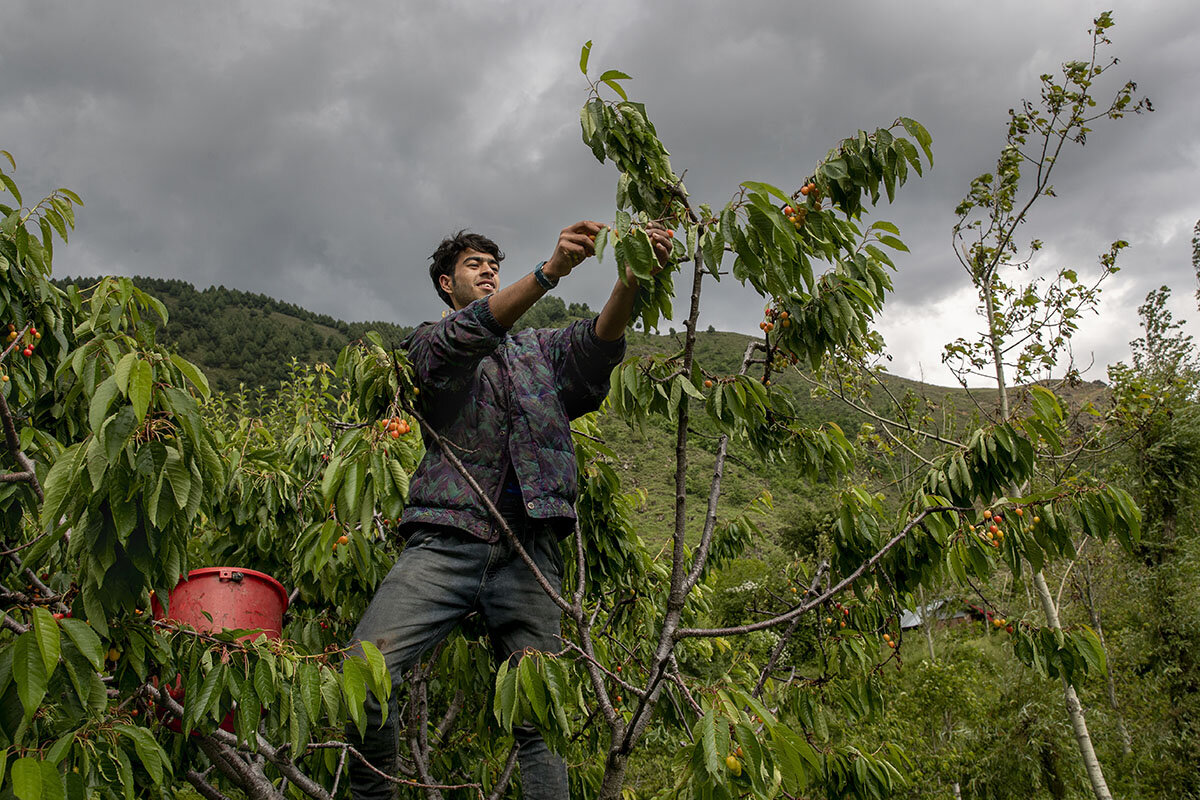The conversation between Joe Biden and Vladimir Putin was “constructive,” said the Russian president. Ultimately, it may amount to little. Or, it may be a modest start for progress on nuclear arms control and cybersecurity.
Monitor Daily Podcast
- Follow us:
- Apple Podcasts
- Spotify
- RSS Feed
- Download
 David Clark Scott
David Clark Scott
You’ve probably seen news reports about the 15 elephants trekking across southwest China’s Yunnan province. These peripatetic pachyderms have traveled 300 miles over the past year and are now on the outskirts of Kunming, a city of 4.5 million people.
China just recently started 24-hour monitoring. More than 300 people and 18 drones have been deployed to track the herd, set up roadblocks, and lately, leave food (pineapples and corn) in an attempt to steer them away from urban areas. Some 3,500 people were evacuated from their homes Saturday as the elephants approached, the Xinhua news agency reported.
No one knows why these Asian elephants are migrating so far. Wildlife experts suggest the unusual behavior could be a lack of food, overcrowding in their home preserve, or a loss of habitat.
Still, this fascinating cross-country stroll is a source of endless amateur speculation. Maybe this herd just needed to stretch its legs and take in a few sights. Perhaps, it’s a case of enduring curiosity or a journey of self-discovery. Or, communal wanderlust.
When I asked my 8-year-old niece what was going on, she pondered and, after a moment, smiled. Her answer was as plausible as any biologist’s. “Why did the elephants cross road after road?” she asked. “Because they weren’t chicken,” she giggled.










